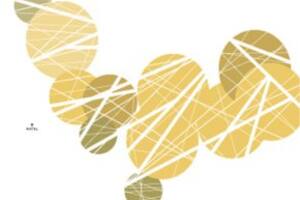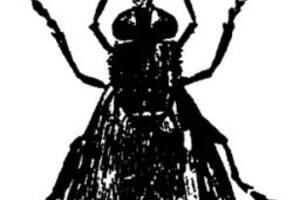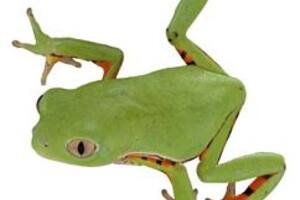Issue # 133 _ March 2007
S&T Policy
State government

Shared responsibility
Secretary for Development plans to create a development agency to support innovation in São Paulo
By Claudia IziqueCooperation
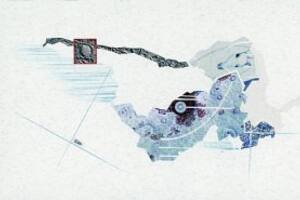
Science's new geography
Scientists from seven countries want to encourage partnerships in Latin America
By Claudia IziqueEnergy
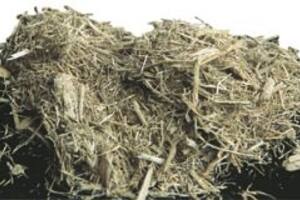
Cellulose alcohol
Bagasse and sugarcane straw are quoted to increase the production of ethanol
By Dinorah ErenoEnergy

The resumption of Angra 3
Government wants to expand share of nuclear power in the Brazilian energy matrix
By Claudia IziqueScience
Climate
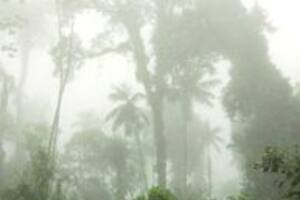
The day after tomorrow
Researchers unite to investigate the effects of global warning on Brazil
By Fabrício MarquesGenetics
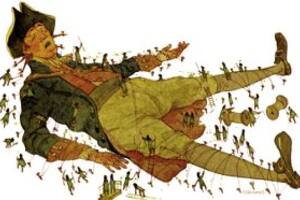
From slave to master
RNA molecule takes over the place of DNA as a promise for fighting diseases
By Maria GuimarãesTechnology
Fruit Growing
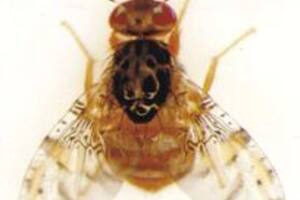
Biofactory in the backlands
Sterile males combat fruit flies, which cause exporters serious losses
By Dinorah ErenoBiotechnology

Sweet genetics
Functional map of sugarcane genes is going to help to form more productive varieties
By Marcos de OliveiraProduction Engineering

Innovative cooperation
Millennium Factory Institute draws together research institutions and manufacturing industries
By Yuri VasconcelosHumanities
Sociology

The stone in the middle of the path
Or how adolescence "swallows" the planet's adults
By Carlos Haag
